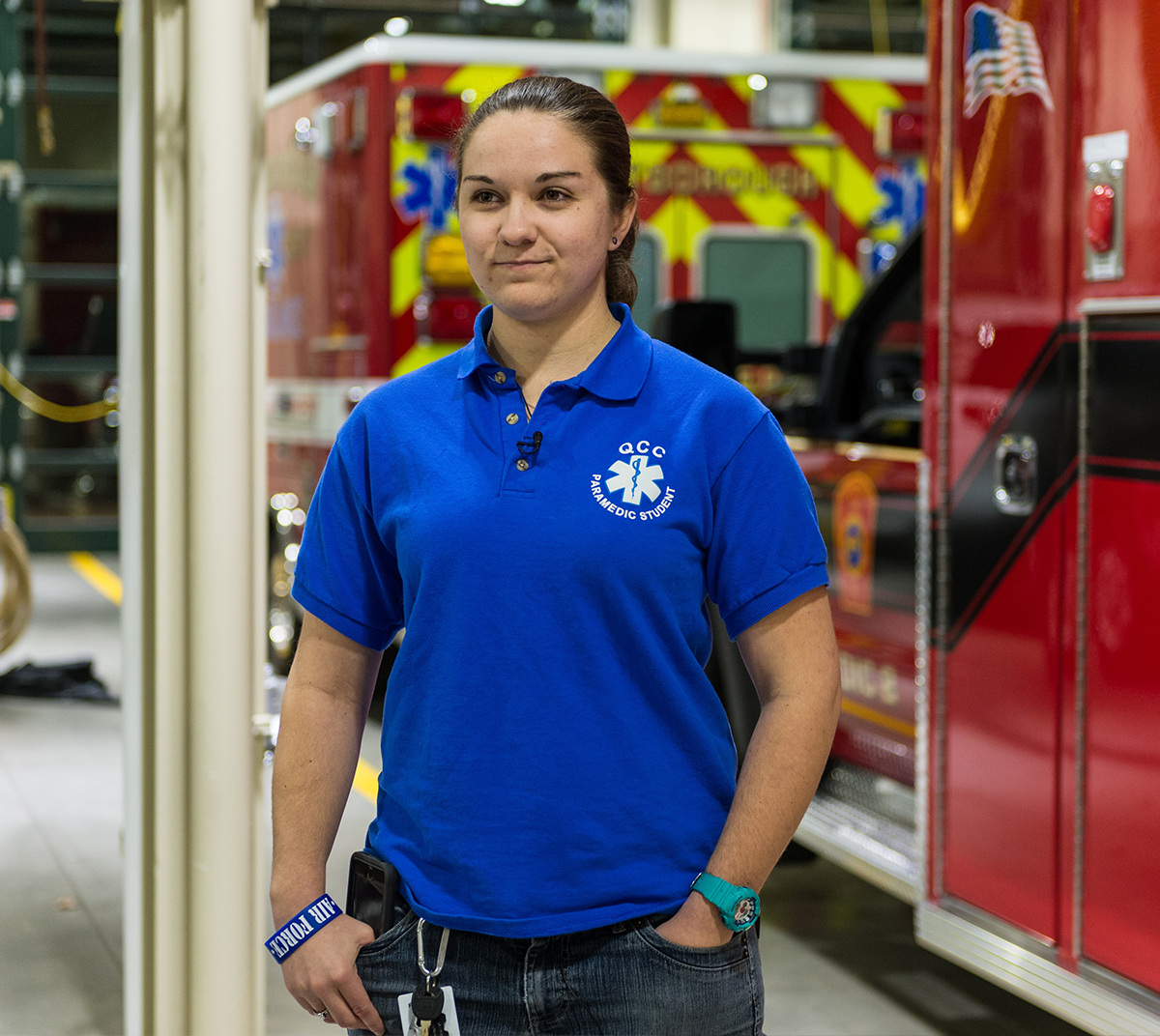
If you've heard the term "middle-skills" recently and wondered what it was, you are probably not alone. Middle-skills jobs are the ones that require more than a high school diploma, but less than a Bachelor degree.
Right now, in Massachusetts, these jobs account for 46% of the labor market; however, only 35% of the workforce is actually trained for these jobs. High-skill workers are looking for jobs while middle-skill employers struggle to fill the jobs they have available. As you can see, this is a large gap and the ONLY gap in the Massachusetts labor market. The Baby Boomer generation was loaded with middle-skill workers, many of whom were "schooled" on-the-job. Regardless of how they learned the skills, they were properly trained and have been holding on to these jobs for many years. Today, the Baby Boomer generation is aging out as workers near retirement age. More jobs are opening up and creating an even wider gap in the need for skilled workers.
Going back just few years, jobs such as construction worker, auto-tech, receptionist, plumber, etc. were considered "low-tech." Today, the advancements in technology now require more training to fill these types of jobs and the majority of employers prefer candidates with some type of formal training.
Examples of middle-skill jobs in today's job market include; auto mechanic, machinist, dental or medical assistant, EMT, hotel or restaurant manager, business administrator, HVAC technician and police officer. The salaries for these jobs can range from $40,000 to $60,000 or more.
In Massachusetts, it is projected that between 2014 and 2024, 41% of job openings will fit into this category. As word about the skills gap grows, more and more people are enrolling in certificate programs to become trained for the workforce. Don't get left behind!
Check out QCC's certificate and associate degree programs and help close the GAP!


